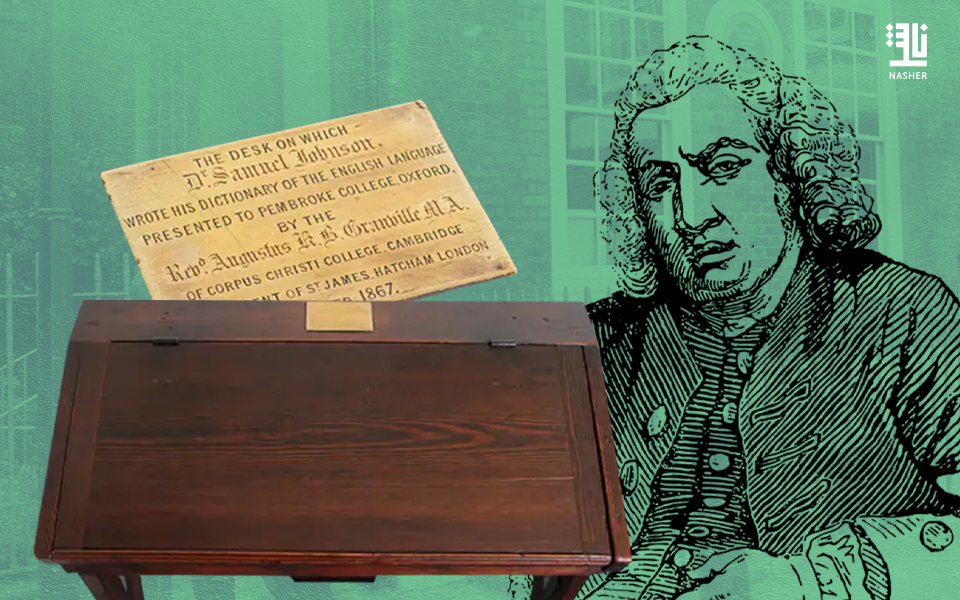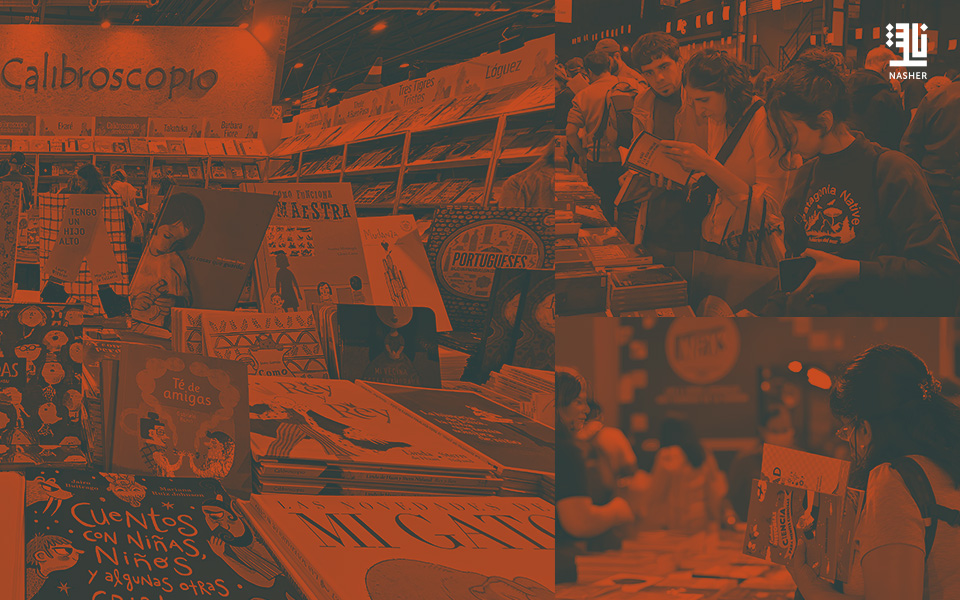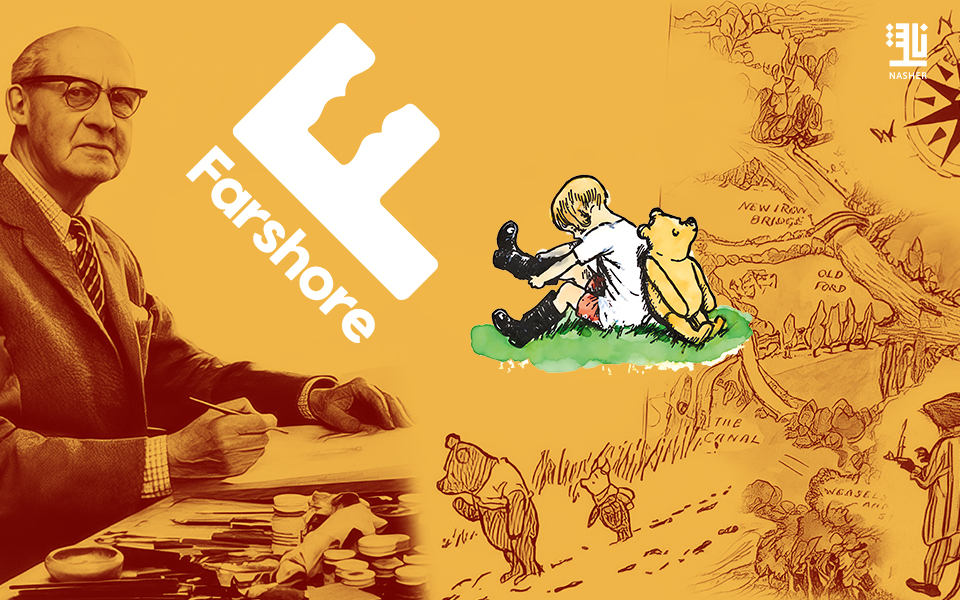The desk of the writer Dr Samuel Johnson is to be returned to his former London home for the first time in more than 260 years.
But it has emerged that its owner is now uncertain whether it really is the desk of the famous 18th Century dictionary author.
It’s been suggested that despite many years of being treated as a literary relic, it could have been part of a Victorian hustle to make money.
It will be the star attraction of a new museum exhibition, but visitors will be asked whether they now believe it’s authentic.
Dr Samuel Johnson was an 18th Century literary giant, remembered for compiling in 1755 what was then the most comprehensive dictionary of the English language. What’s now in dispute is the fate of the desk on which he wrote the dictionary when he was living in Gough Square, in a house which is now a museum to his memory.
Since the 19th Century the wooden desk has been in Pembroke College Oxford – and the college is lending this prized possession to the Dr Johnson House museum.
But when Lynda Mugglestone, professor of the history of English at the college, began to check out the provenance of the desk, there were some unexpected questions.
“The real story is that we don’t quite know if it’s the real desk,” she says. It had come to the college through a clergyman who had been close to Dr Johnson’s god daughter, Elizabeth Ann Lowe, and her sister. A plaque was attached to signify its historic importance.
But the puzzle is whether those sisters ever really had the desk or whether they used their literary connection as a way of guilt-tripping some famous writers of their era for money.
Prof Mugglestone says that as the centenary of Johnson’s dictionary was being marked in 1855, the Lowe sisters began writing asking for cash, describing themselves as in penury and with nothing left but a desk which they said had been left to them by the great writer.
They were “living in poverty” in Deptford in south London, says Prof Mugglestone, and they made clear that “donations were welcome”.
Writers such as Thomas Carlyle and Charles Dickens, who had just written Hard Times, began to fund raise for the sisters. Literary London was mobilised to help the sisters who were the surviving connections to Dr Johnson. The desk became part of that story. Dickens wrote of the sisters being in “great poverty, but undemonstrative and uncomplaining, though very old – with nothing to speak of in the wide world, but the plain fir desk on which Johnson wrote his English Dictionary”.
Such pleas from Dickens helped to raise large donations for the sisters, with the desk being saved as a “proud possession to the English nation”.
Prof Mugglestone says women in this era could be extremely financially vulnerable, with few ways to support themselves and such attempts to get money from rich connections might have been their only chance.
The Lowe sisters did have a link with Johnson through their father, an impecunious painter Mauritius Lowe, who had lost a grant from the Royal Academy after some rather murky “misconduct”.
Ms McDaid says the painter and his children were living in “abject poverty” and Johnson, often broke himself, was sympathetic and helped them with money.
But the so far unanswerable question is whether the Lowe family really ended up with the famous desk and had kept it for more than 70 years after Johnson’s death. It’s from the right era, but is it the actual desk?
Researching the desk’s origins revealed records of other petitions for money by Elizabeth Ann Lowe and her sister, essentially begging letters – with stories that were not always consistent. The prime minister and the royals were among those getting requests for support.
“She is lying to someone,” says Prof Mugglestone. But that doesn’t ultimately prove either way the authenticity of the desk. The exhibition will have to embrace this ambiguity and accept that even though this has been seen as Johnson’s desk for generations, it might not be.
Visitors to the exhibition will be asked to give their views on whether it was the desk where Dr Johnson’s dictionary was written.
The exhibition, Desks, Drudgery and the Dictionary: Samuel Johnson’s Garret Lexicography, opens on 3 July at Dr Johnson’s House, London







